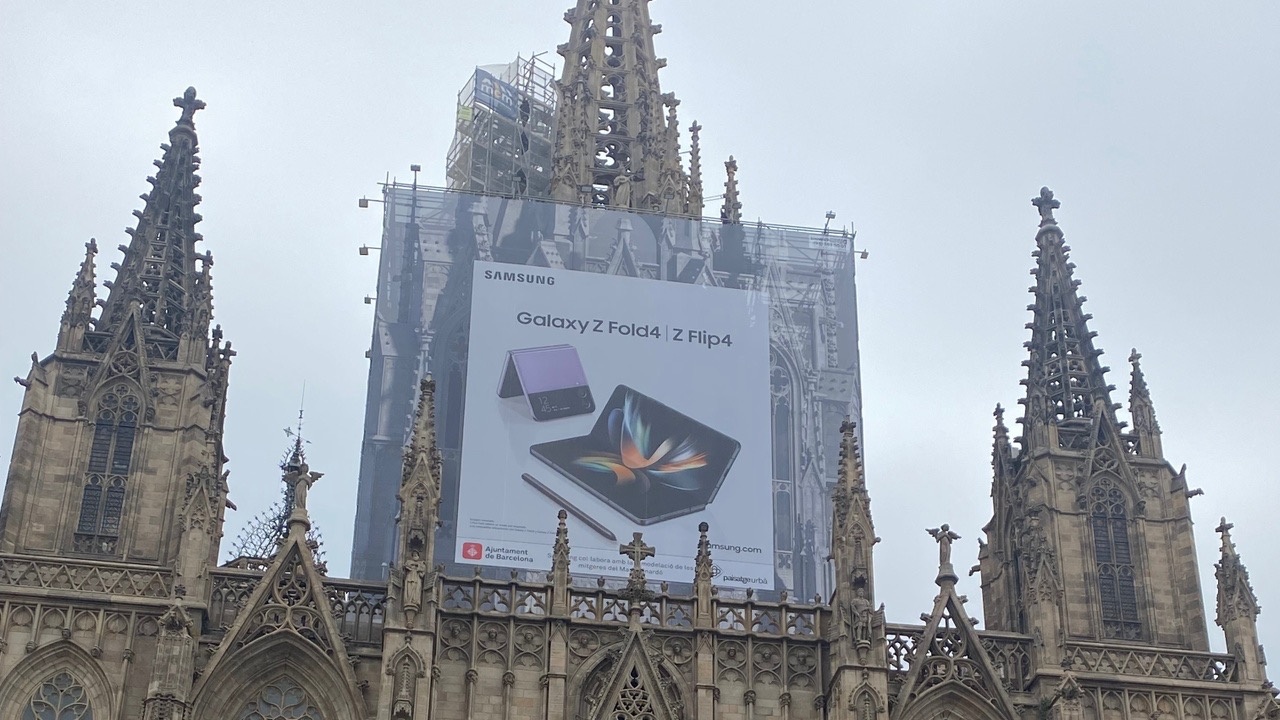What is our relationship with advertising?
Oct 17, 2022
Advertising is a necessary foundation of our society. It keeps the wheels turning in a capitalist society and therefore is a good thing. Or is it?
When I was growing up (a long time ago!) advertising was obvious and could be avoided. If you didn’t want to watch TV adverts, it was simple, you switched to the only other TV channel, BBC. Social media was delivered by the GPO. If we wanted to buy a consumer durable, read Which magazine. If you wanted a nice restaurant or hotel, rely on the experts opinion in the Egon Ronay guide. Nowadays we believe thereviews in Amazon or TripAdvisor by Ron from Rotherham or Polly from Paignton.
Advertising is now all pervasive. We are tracked by social media pixels and the AI specifically targets us with Ads that it thinks will convert us to purchasers. Social Media influencers tell millions of people what they should buy so that they too can live the perfect life of people like the Kardashians. It is noise that we cannot avoid.
The journey from awareness to purchase can now be one click rather than a drive to the shops. The social pressure to own the latest thing can be infectious causing us to spend money we don’t have on something that we don’t need and be trapped in a downward cycle of instant and very short-lived gratification.
The ethical boundaries in advertising are rather fuzzy. Advertisers will say that they are only there to inform. It is up to the potential customer to make a rational decision based on the facts they are presenting.
There are significant examples of the advertisers lying about their products and causing significant harm or death. From the 1930’s Cigarette manufacturers, particularly in the US were claiming the health benefits of smoking. Doctors were the trusted experts to support this lie. Another example is the Sackler Family, creators of the Opioid painkiller, Oxycontin. By advertising unfounded and untrue statements of the efficacy and lack of side effects of this drug, by bribing doctors, FDA officials and senators they made over $13 billion, created 1.7 million opioid addicts and killed about 250,000 people.
My interest in the relationship between advertising and the wider world was awoken by a recent visit to Barcelona Cathedral. Who in the Cathedral management thought it could ever be acceptable to desecrate a beautiful tower with a tawdry advertisement. Who in the Samsung advertising department could ever think that this was an appropriate place to advertise. Who amongst the millions of visitors would think; ‘I must go out now and buy a Galazy ZFold. If God has one, then so must I?’
All of these insidious developments in advertising and influence are doing wonders for their economies but what are they doing for our relationships with ourselves, friends, families and the planet. Are they making the world a better place?

